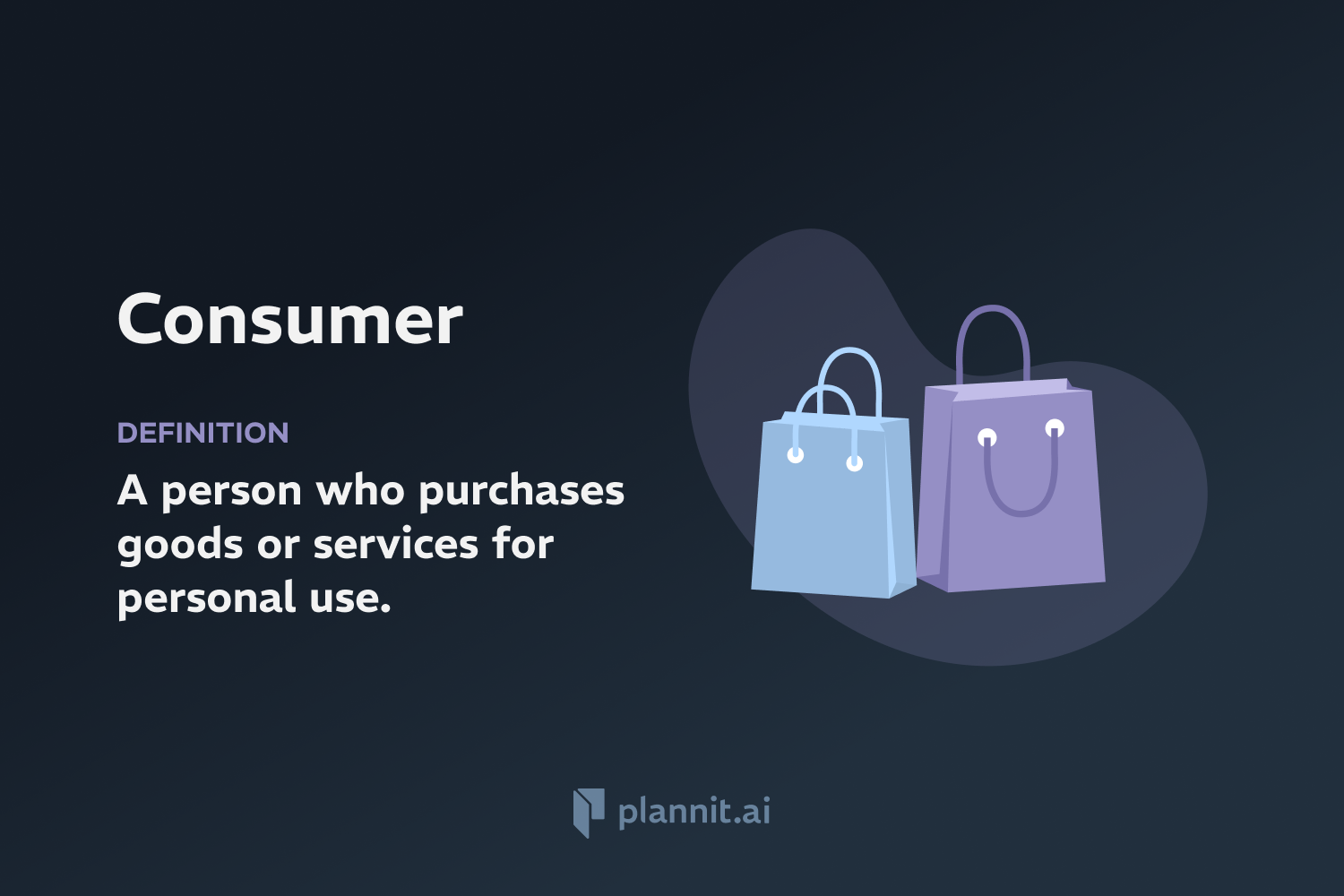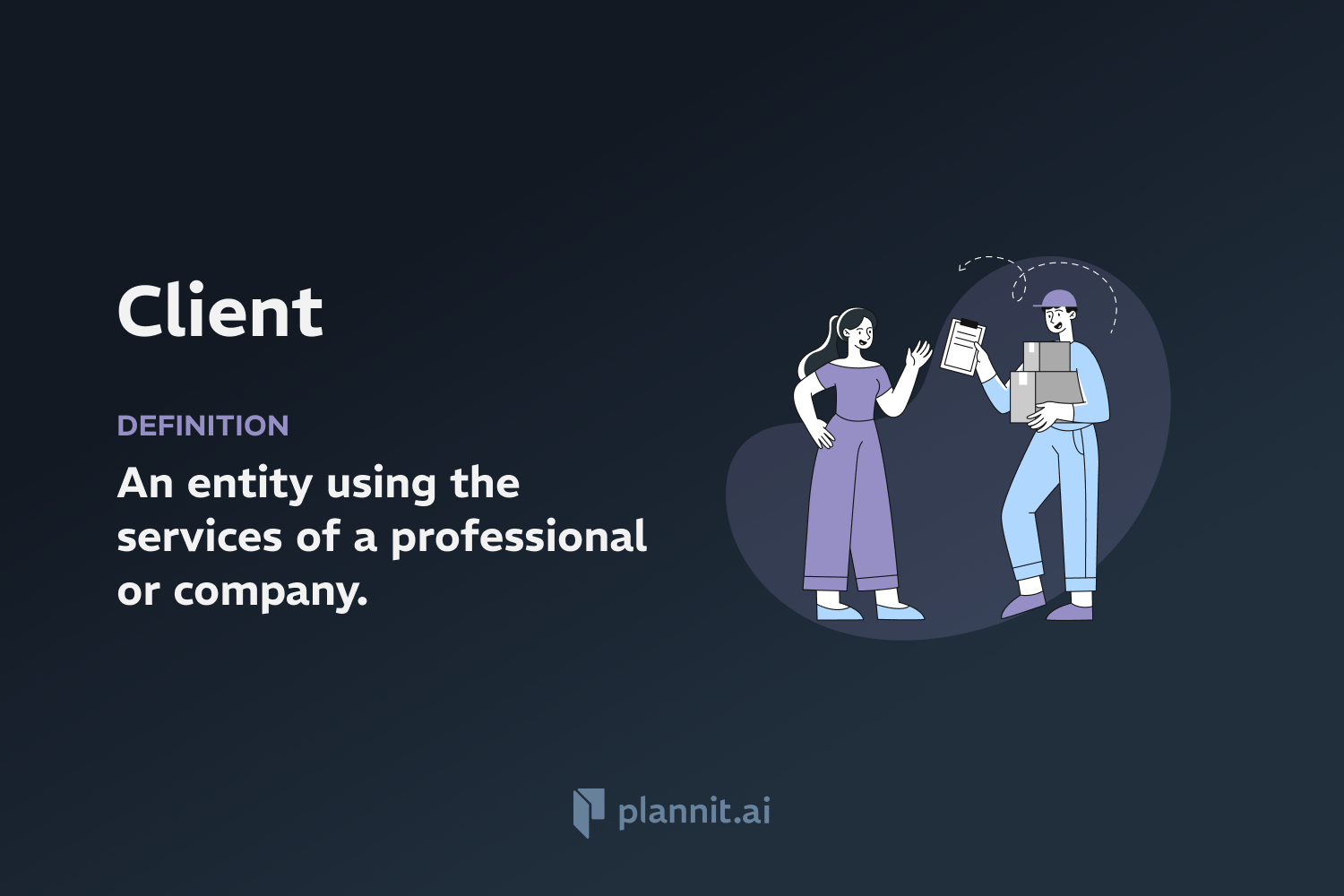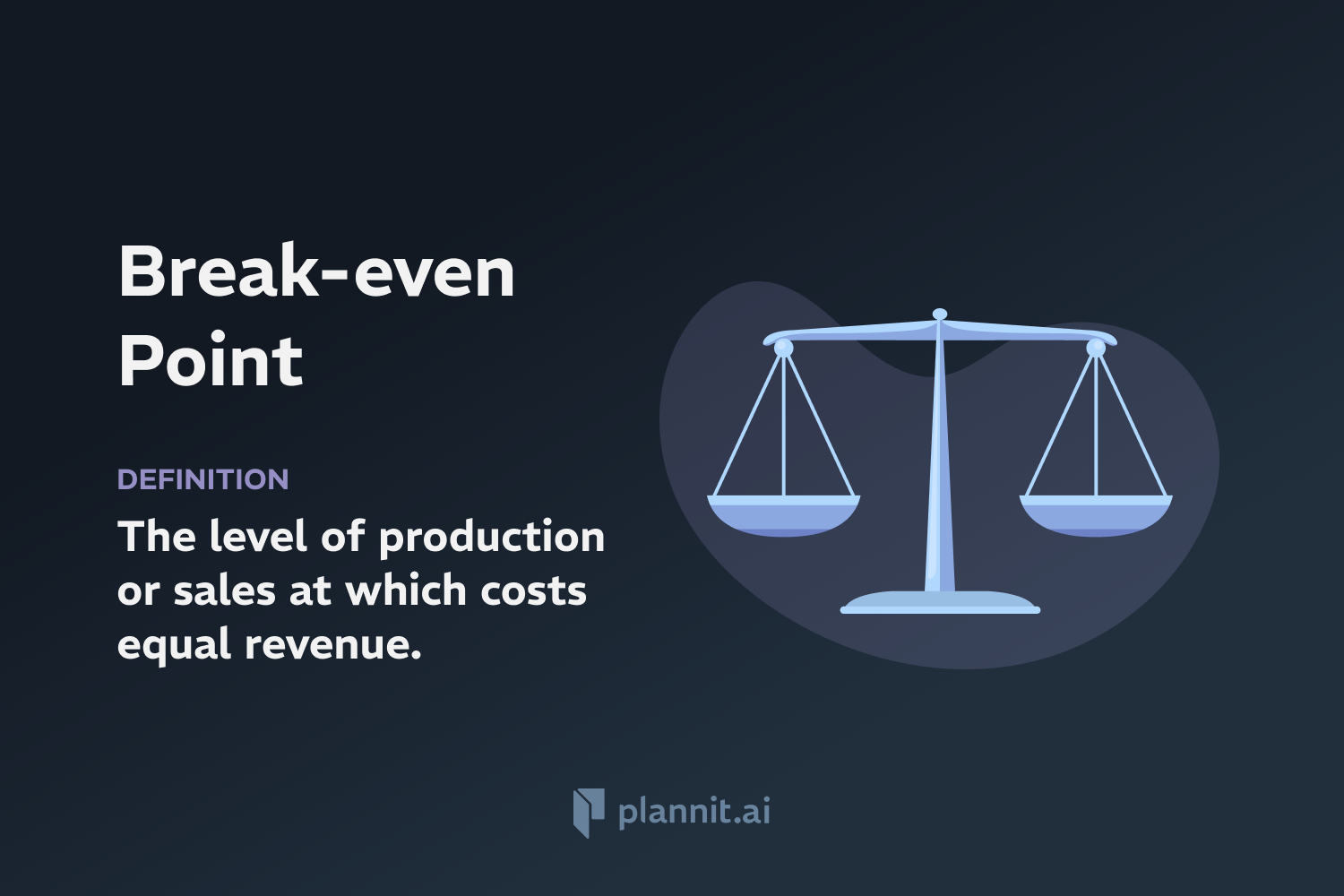Need Help With Your Business Plan?
Answer tailored questions and get a detailed business plan in minutes.
Fixed Costs: Definition & In-Depth Explanation
Fixed costs are business expenses that remain constant regardless of the level of production or sales activity. These costs are typically time-related, such as rent, salaries, and insurance premiums, and do not change with the increase or decrease in the number of goods or services produced or sold. Understanding and managing fixed costs is crucial for businesses, as they are key components in budgeting and financial planning.
Purpose:
The purpose of fixed costs is to ensure the stability of business operations by covering essential expenses that are not dependent on business performance. This predictability helps businesses plan financially and make strategic decisions. Fixed costs are important for calculating the break-even point of a business, which is the level of production at which total revenues equal total costs.
Example:
An example of fixed costs includes the monthly rent of $2,000 paid for a factory building. Whether the factory produces 100 units or 1,000 units, the rent expense remains the same. Similarly, the salary of a full-time employee who is paid $3,500 per month is a fixed cost, as the salary does not vary with the number of hours worked beyond the normal schedule.
Related Terms:
Variable Costs: Costs that vary directly with the level of production. These include materials, direct labor, and other costs that increase as production increases.
Semi-variable Costs: Costs that have both fixed and variable components. For example, electricity costs might have a minimum charge (fixed) plus a charge per unit of electricity used (variable).
Break-even Point: The production level at which total revenues equal total costs, including both fixed and variable costs.
Operating Leverage: A measure of how much a company can increase operating income by increasing revenue. A company with higher fixed costs relative to variable costs will have higher operating leverage.
FAQs:
How do fixed costs impact profitability?
Fixed costs can impact profitability as they must be covered by total revenue for a company to become profitable. High fixed costs require higher revenues to reach profitability, which can be risky in fluctuating markets.
Can fixed costs change over time?
While fixed costs are constant in the short term, they can change over time due to new contracts, inflation, or changes in company strategy, such as expansions or downsizing.
What is the role of fixed costs in pricing strategies?
Understanding fixed costs is essential in pricing strategies because it helps determine the minimum price at which a product can be sold profitably. Pricing must cover both fixed and variable costs to achieve long-term sustainability.
How can businesses manage high fixed costs?
Businesses can manage high fixed costs by improving operational efficiency, increasing product prices, reducing other types of expenses, or by increasing sales volume to spread the fixed costs over more units.
What happens to fixed costs per unit as production increases?
As production increases, the fixed cost per unit decreases because the total fixed costs are spread over a larger number of units. This is known as achieving economies of scale.
Get funding with a business plan that will impress investors.
Starting a New Business?



